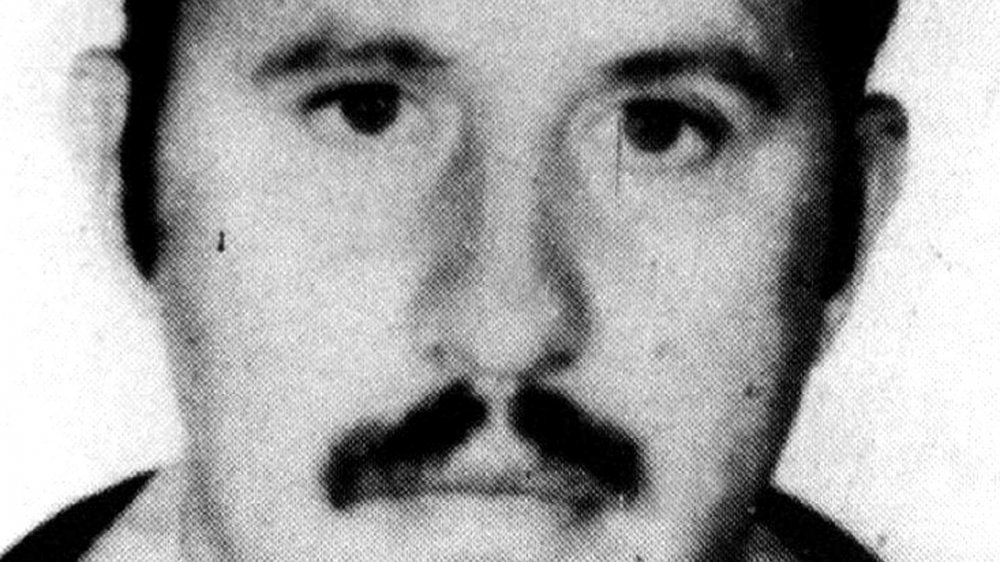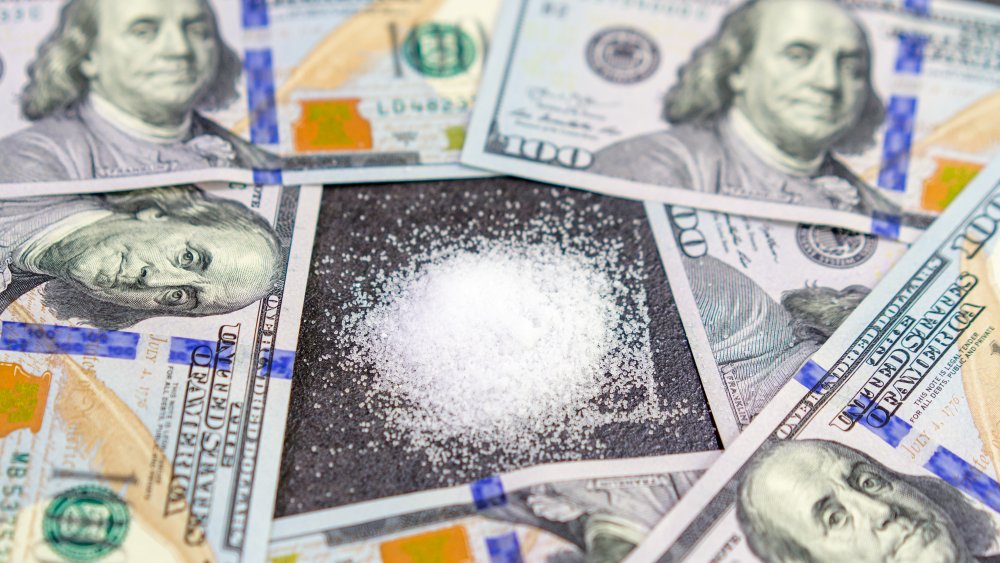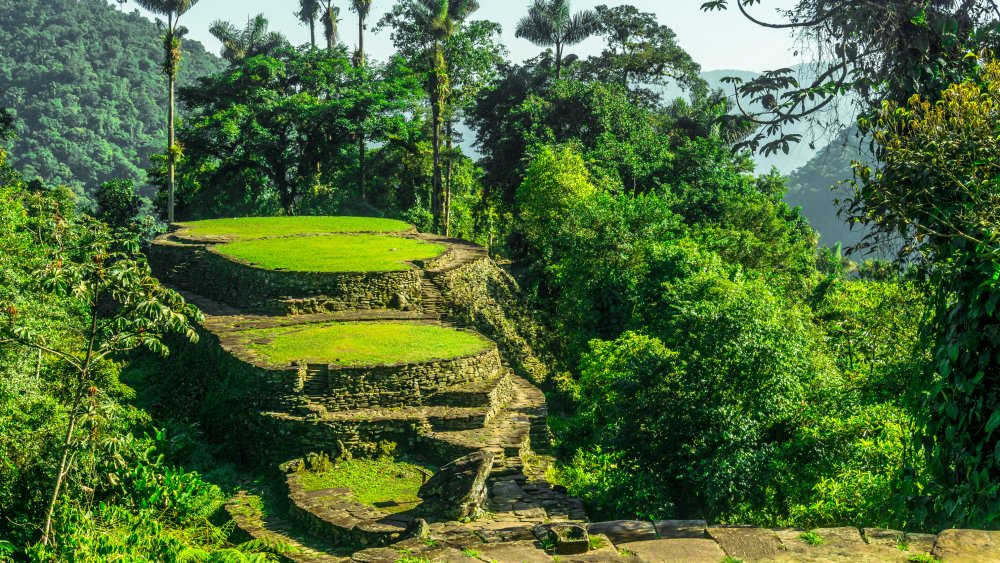What Happened To Pablo Escobar's Money After He Died?
Medellin Cartel founder and Cocaine King of Colombia, Pablo Escobar, was by some accounts the wealthiest criminal in history. He achieved this status by the age of 35, despite growing up the son of a poor farmer. At its height, the Medellin Cartel under Escobar was responsible for 80% of the world's cocaine traffic. This vast narcotics enterprise netted its founder a cool $420 million in revenue every week.
Escobar continued printing money throughout the 1980s, cracking the Forbes list of international billionaires seven times and peaking at number seven. At the time of his death, "El Patron" controlled $30 billion in assets, by some estimates. That kind of money doesn't just vanish into thin air. Normally, you'd expect that kind of generational wealth to pass down to a few hand-selected heirs apparent, but you can't exactly write a mountain of drug money into a legal will.
Questions about Escobar's fortune
It should be noted that some of Escobar's descendants dispute this version of events. Juan Pablo Escobar, who was 16 at the time of his father's assassination, took particular exception with a Forbes article pegging the surviving Medellin fortune north of $3 billion. "One day (Forbes), they just decided to include my father on that list and the only thing that caused was to create immeasurable damage to my family. We thank Forbes to the blackmailing kidnaps of several relatives — I escaped myself from some ten kidnap attempts — all "thanks" to the "news" that my father "had" three billion dollars. Had he ever had such amount of money, he would have destroyed all Colombia. My father never met anyone from that pseudo-magazine." Shots fired, no pun intended.
So what did happen to Escobar's fortune?
Hiding places and expensive art
According to evidence collected by Entity Magazine, Escobar allegedly split his wealth between hard assets like artwork and a series of cash hiding places that included remote islands and jungle caves. There was a lump sum supposedly set aside to take care of Escobar's family, but that money apparently never reached its intended hands. Some of the liquid assets were ultimately seized by the law, but the hard assets and hidden cash remain largely unaccounted for. Mystery abounds.
Juan Pablo has his own theories. He claims that his aunt, Alba Marina Escobar, stole money hidden in several of these decentralized stash houses. He also points the finger at his brother, Roberto, for cutting a deal with the DEA to pen a book. While the idea of a drug lord's surviving sister gallivanting around the Colombian countryside collecting palettes of hidden treasure has a certain romance to it, the possibility remains that Escobar simply hadn't saved as much as he could have. Conflicting accounts suggest that, by the time of his death, Escobar's fortune might have been badly depleted from the constant wars he fought against law enforcement and rival cartels. What wealth remained was mostly in art and real estate. The notion that El Patron left billions in cash lying around the Colombian jungle might just be another exaggeration in the myth of Medellin.


